 By Eric Perrott, Esq.
By Eric Perrott, Esq.
We have a special guest author today. MarketCrest has known Eric and his law firm for years. Actually, Eric was the attorney that secured both of the MarketCrest registered business trademarks.
He is a business trademark attorney with Gerben Law Firm, PLLC. Eric counsels clients on trademark and copyright law issues and provides business trademark analysis, process and registration services at flat-fees.
Enjoy, and take good notes:
Your trademarks are more than just the name of your company or a sleek logo. A trademark represents not only your company’s product or service, but also the quality, the ethos, the mission statement, the customer service, and many other facets of your business that customers will identify with.
Are you an “Apple” person or a “Google” person?
Are you a “North Face” person or a “Lululemon” person?
Brand identity is important and developing a strong brand isn’t easy. Companies of all sizes spend tens of thousands of dollars on advertising and marketing campaigns to increase brand awareness and to drive new customers to their business.
While marketing and advertising is key for brand development, business owners from local mom-and-pop shops to Fortune 500 companies know that to build a strong, long-lasting brand, companies must protect their trademarks.
Below are four questions company owners should be able to answer about their business trademarks.
What are some of my business trademarks?
It might sound simple, but one of the hardest aspects of trademark protection is recognizing what a trademark actually is.
A trademark can be almost anything that represents the “good will” of a business. (Think of “good will” as all of those aspects-quality, customer service, style, etc.-mentioned above).
It can be a word or design, but it can also be a slogan (“I’m Lovin’ It”), unique store layout, or unique product packaging. It can even be a sound (the NBC chime), color (Tiffany blue), smell, or movement (like the unique way a Lamborghini’s doors open). The possibilities are endless.
However, every trademark must be “distinctive,” meaning that it must be something that consumers connect with one business, as opposed to a descriptive term or generic term that merely describes the products or services.
Descriptive words can still become trademarks, but a company must show that over time, those descriptive words are cemented in consumer’s minds as representing one company.
For example, American Airlines, National Rent-a-Car, Best Buy – all of these terms are, at their heart, descriptive. However, they are so engrained in consumers minds as trademarks that the companies enjoy trademark protection for those phrases.
Is someone else using a trademark similar to yours?
Once you’ve selected or identified a strong trademark that is not merely descriptive, the next step is to analyze whether another company in the industry has been using a similar trademark for longer than you have.
Under U.S. trademark law, trademark infringement occurs when a company uses a trademark that is confusingly similar to a pre-existing trademark for related goods and services. This is not just an analysis of whether someone else is using the exact same business trademark as you.
Trademarks can be confusingly similar is they are similar is sight, sound, meaning or overall commercial impression. Similarly, the goods and services do not need to be identical either, just similar, which is a legal analysis.
For example, hotels and restaurants are almost always considered “similar.” Wine and cheese have been considered similar because they are frequently used in conjunction with each other.
In order to gauge the potential risk of a trademark, a trademark attorney can perform a comprehensive search and analysis, wherein the attorney will look at registered and unregistered trademarks and provide a detailed analysis of the potential risks from a legal perspective.
Without a comprehensive search, it is extremely difficult to know about existing trademarks that could be confusingly similar to your own.
Once you have “cleared” the trademark, or generally accept and understand the risks of using (or expanding the use) of your trademarks in the marketplace, the next step towards protecting your trademark is registering with the United States Patent and Trademark Office.
Why should I register my Business trademark?
Trademark owners can register their trademarks with the United States Patent and Trademark Office (the “USPTO”). Trademark registration gives the trademark owner a number of significant advantages over those who do not register their trademarks. A few of those advantages are:
- A government document stating that you are the owner of the trademark: When you apply for a trademark, a government attorney will review your trademark in the same way that we discussed earlier – the attorney will make sure it meets the standards of trademark protection and make sure no other registered trademarks are confusingly similar.
When a registration is issued, it is an official document from the U.S. government that gives you the legal presumption that you own the trademark. A prior user can attempt to cancel your registration, but until that happens, you are presumed to be the owner.
- Trademark Registrations as an asset: Investors and other potential partners often look at intellectual property when looking at the health and long-term plans of a company. Trademark registrations are assets that can show you have a long-term plan for your brand. Trademarks can even be used as collateral for loans in some cases.
- Deterrents to Competitors: A trademark registration acts a deterrent to competitors, who are likely searching the USPTO website (and other third-party aggregator websites) to gauge the risk of using certain trademarks. In fact, a registration acts as notice throughout the U.S. that you are the owner of the mark. No one can then say that they had never heard of you before selecting their mark – the law presumes that businesses will do their due diligence.
- Online Marketplace Enforcement: An increasing number of online marketplaces are requiring trademark registrations to join special brand management programs.
For example, Amazon’s Brand Registry Program required a registered business trademark in order to join. The U.S. Customs department also requires a trademark registration to register with their counterfeit brand monitoring program.
From start to finish, registration will take at least nine months and sometimes more, as the government reviews the trademark and allows third-parties an opportunity to object to the registration.
However, your protection starts from the date you apply, so it is important to file as soon as possible.
How do I keep my trademarks protected?
You developed a strong trademark and registered it with the USPTO. Now what?
Now, you must police the marketplace and the USPTO to ensure that no competitors infringe on your trademark rights. A trademark is only as strong as its impact on consumers, so if someone else is using a similar trademark, then any experience not under your control can permanently damage your trademark.
Brands are often about first impressions. Customers also are human and don’t have perfect recall and often make impulsive decisions on whether to purchase something without thorough research.
If a customer has a bad experience with a brand that is close in sight, sound or meaning to yours, your brand is likely to suffer as well. Unless that client can recognize the differences at a fleeting glance, the negative feelings they have towards that brand are likely to transfer to you, losing you customers.
Whether its an innocent mistake by a competitor or a deliberate attempt to “cash in” on your brand’s recognition and good-will, you must be diligent about the protection of your trademark against infringers.
If not, you could lose the ability to protect your trademark in the future, as the scope of your trademark becomes smaller and smaller, until you barely have any rights left to protect.
Why is protecting trademarks Important?
Trademark protection is important for a long-lasting and memorable brand. Businesses spend large portions of their budget creating brand awareness, but not nearly enough go through the steps to properly analyze and protect their trademarks.
Through effective trademark protection, business can secure help secure and grow their valuable brands.
Gerben Law Firm, PLLC is regularly a top-filer at the United States Patent & Trademark Office and its attorneys have been named “Top Practitioners” in the Washington, D.C. region by the World Trademark Review. Mr. Perrott provides free consultations on trademark and copyright issues and can be reached at eperrott@gerbenlawfirm.com.






